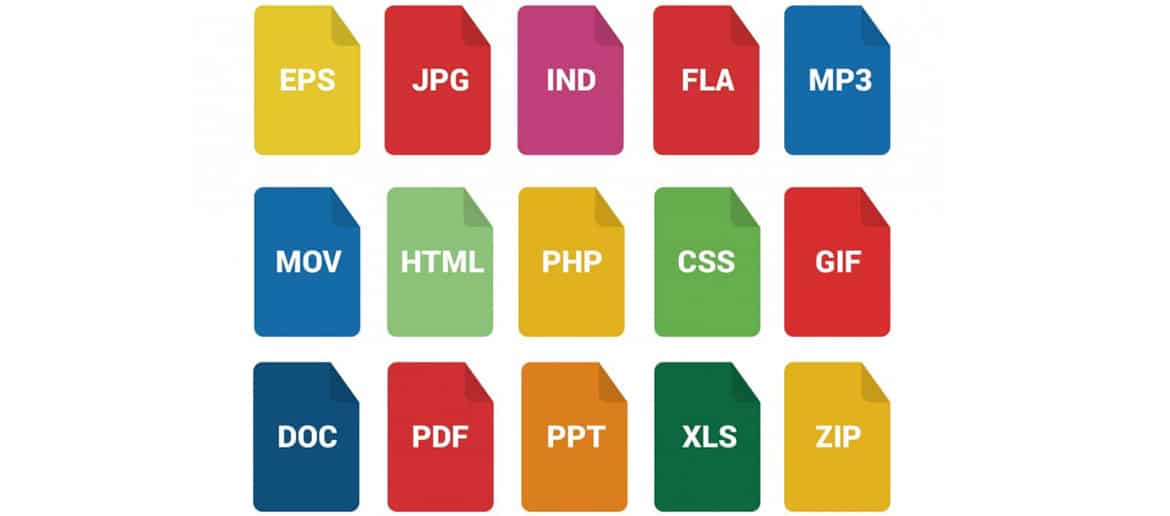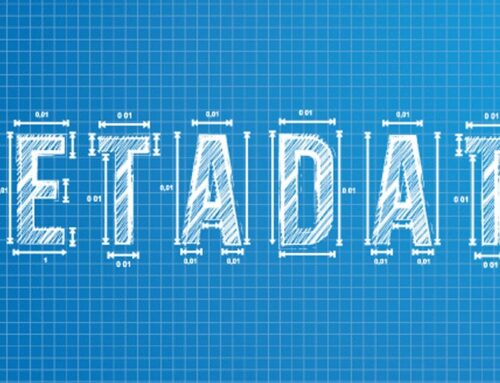Common Pitfalls to Avoid When Requesting Native Productions
Let’s not mince words here: Native productions are the way to go during discovery. Metadata is kept intact, hidden values and application triggers on spreadsheets are maintained.
Having said that, it’s important to mention that requesting the original files during e-discovery presents some challenges if not handled correctly. Opposing counsel may be under legal obligation to produce, but the file formats they provide aren’t always the most convenient for review. Though native files are generally the best way to prevent spoliation and ensure document integrity, attorneys must know what they’re getting themselves into when requesting native productions.
A Lack of Understanding
For a good example of the pitfalls associated with blindly requesting native productions, look no further than Armor Screen Corporation v. Storm Catcher, Inc., 2008 WL 5262707 (S.D.Fla. Dec. 17, 2008).
Here, defending counsel requested native file production, only to find themselves unable to open the native .SAV extensions provided by the plaintiff. They followed up by requesting paper copies of all the files they couldn’t open. Not TIFF and load files, mind you—paper copies of everything. Naturally, the plaintiff argued against this time-consuming and expensive option. The courts agreed, claiming that native .SAV files fulfilled the plaintiff’s obligation to produce. The judge’s ruling came from some basic research indicating .SAV files were a common file type for statistical science programs, and they were reasonably usable despite the defendant’s lack of understanding.
This underscores a common problem with requesting native productions: though defending counsel rightfully requested the files, they had not done their homework and were unprepared to receive them.
Forgetting Specialized Software
As our defendants in the above case learned, special software is occasionally needed to open native files. This is where things get tricky—many file types fall within rule 34(b)’s production guidelines, yet can’t be opened with tools found on any old desktop PC. The judge in Armor Screen Corporation v. Storm Catcher was able to easily find a software package to run .SAV files online, though the answer isn’t always so simple. There are thousands of file types out there—everything from images to voice recordings to AutoCAD files. You never know what your discovery will turn up.
Fortunately, this burden is eased with the help of dedicated native review software tools. These platforms let you view files in their original form without needing to purchase and install every single native application involved. Though different software suites offer varying amounts of functionality for your review, and your provider may need to have or acquire a license for the appropriate software the goal is always the same—maintaining the integrity of the file while receiving the information you need.
And speaking of data integrity…
Not Maintaining Metadata
Metadata integrity is another area where you must be cautious when requesting native productions. Embedded metadata contains important logistic and contextual information about each document. In most cases, this information must be preserved, intact, and discoverable.
Databases are particularly reliant on this data. Metadata in basic text documents or Word files is pretty straightforward. However, interactive database applications usually need some context if you hope to understand the way the information connects to the bigger picture. Maintaining this integrity is one of the reasons that spreadsheets are typically provided in their original format—contextual information on the database file is intrinsic to the reliability of the document. Attorneys should be aware of what file types require intact metadata, and make sure to request it during their meet and confer.
A Successful Native Review
Though requesting native files is a gut reaction for many of us out there, be careful about what you agree to. Firms that are lacking native review software like IPRO Eclipse https://iprotech.com/products/automated-digital-discovery/eclipse/ may find themselves unable to open fairly produced file types, and will end up eating the costs of additional production. These original file types are ideal for data integrity, yet attorneys must make sure they go about their production requests in the right way.
For more Tidbits & Thoughts, please click here.




